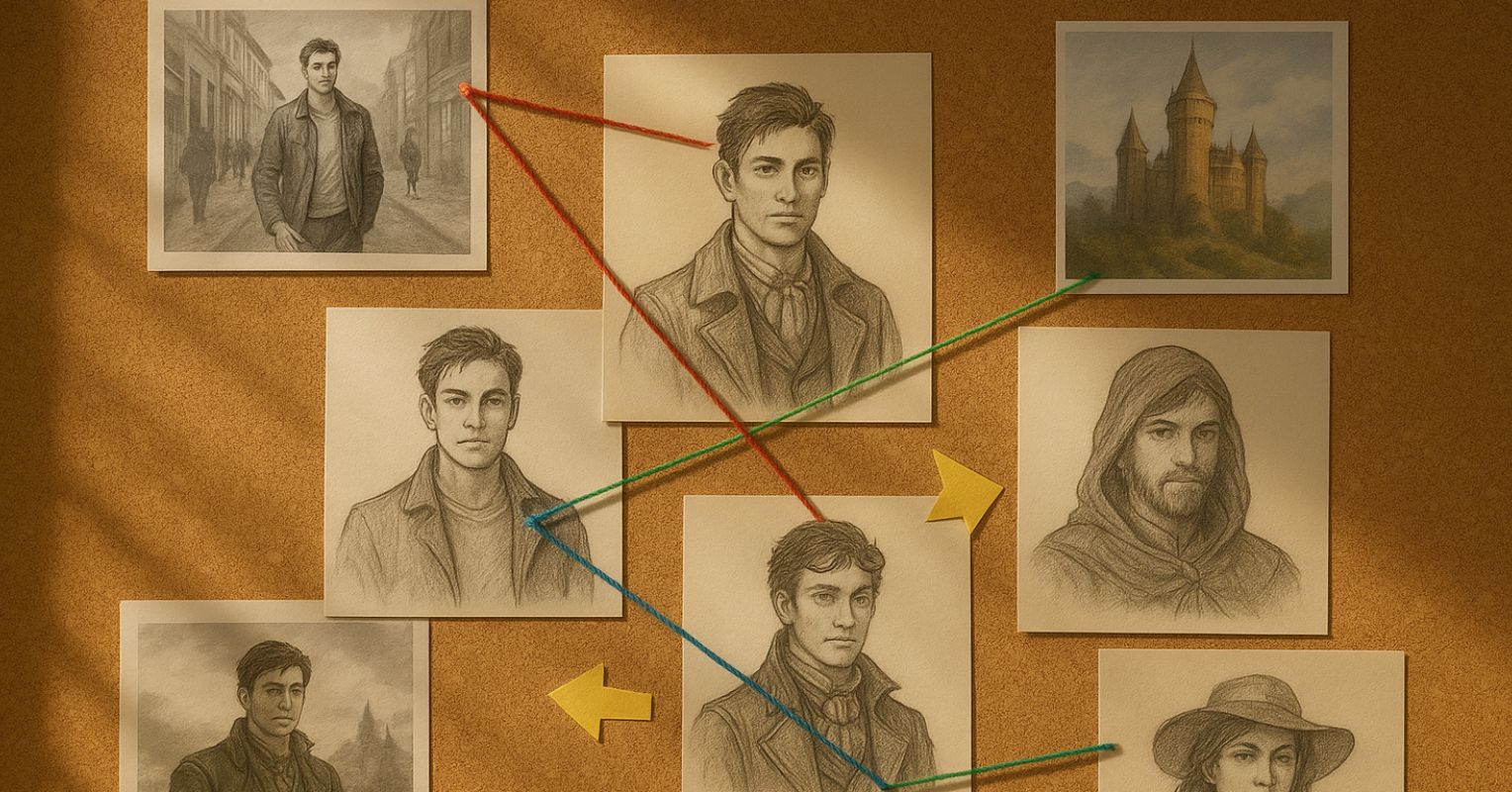
"As I describe in my forthcoming book on plagiarism and appropriation, modern fan fiction has its roots in the early 1970s and the cancellation of the Star Trek television series. Some fans of the show wanted to see the adventures of the Enterprise and her crew continue. They began to write their own narratives based on the universe that Gene Roddenberry had created. Others, however, chose to develop the characters in ways that Roddenberry never intended."
"George R. R. Martin, for example, is not a fan of fanfic. The creator of Game of Thrones has frequently spoken out against those who write stories based on the characters that populate Westeros. (This is somewhat hypocritical, since Martin freely admits to having written fan fiction when he was younger.) Other well-known authors, such as the late Anne Rice-best known for Interview with the Vampire -demanded that online fanfic based on her characters be taken down."
Ownership of fictional characters is legally and culturally contested, with creators asserting intellectual-property rights and fans asserting cultural or emotional stakes through fan fiction. Prominent creators have objected to fanfic, and some have sought takedowns, while some creators previously engaged in fan writing. Fan fiction traces its modern roots to early 1970s Star Trek fandom, when canceled shows prompted fans to continue narratives through zines and original stories. Some fan work explores relationships and character developments that original creators did not intend. These practices raise recurring questions about infringement, appropriation, and the legitimacy of fan creativity.
Read at Psychology Today
Unable to calculate read time
Collection
[
|
...
]